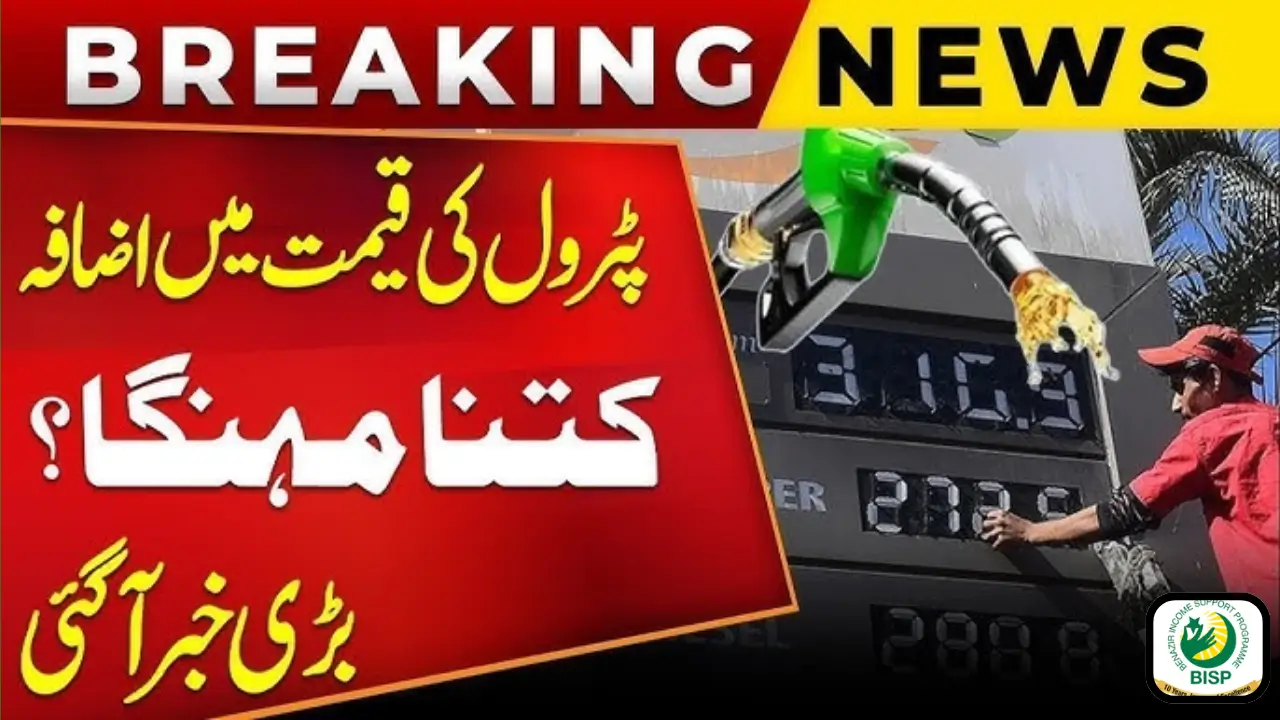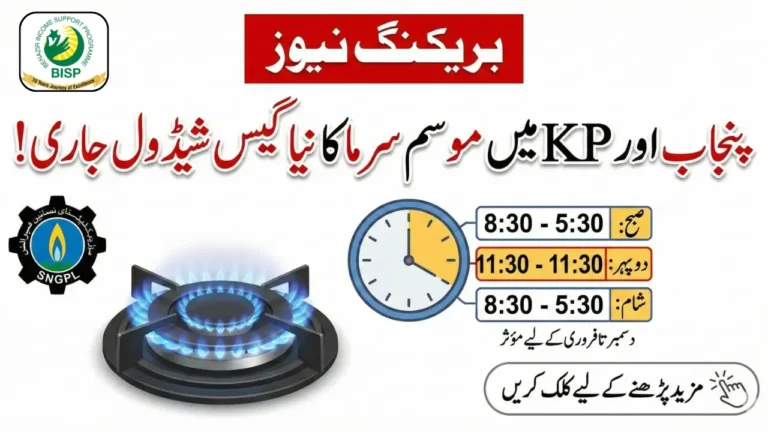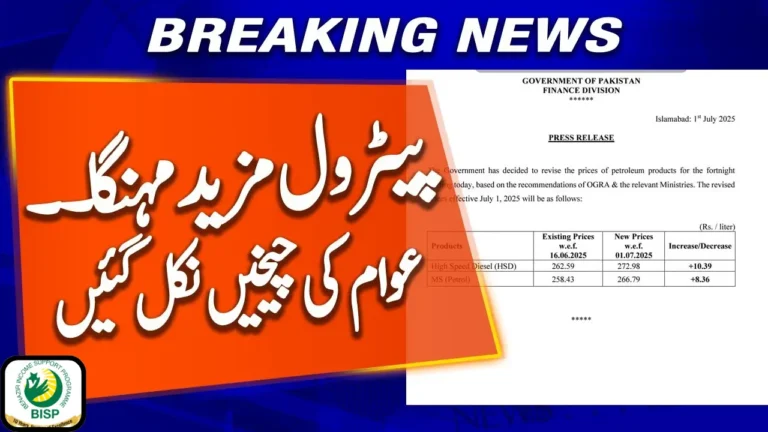Petrol Prices Pakistan Latest Updates and Market Trends
Petrol Prices Pakistan have become one of the most discussed economic topics across the country, influencing everything from transportation fares to household budgets. Every small fluctuation at the pump reflects broader global and domestic economic shifts. Understanding how and why these prices change is vital for individuals, businesses, and policymakers trying to plan their financial decisions in a volatile market.
Over the past year, Pakistan’s fuel pricing structure has faced both international and local challenges. Global oil supply issues, a fluctuating exchange rate, and varying government tax policies have kept the prices under constant review. As consumers wait for each fortnightly update, staying informed about trends helps them manage expenses and adapt to future changes.
Ehsaas Kafaalat & Taleemi Wazaif
Current Situation of Petrol Prices in Pakistan
Currently, petrol prices in Pakistan remain relatively steady compared to previous months. While there have been small increases and decreases, the overall range has stayed between moderate levels. This controlled adjustment approach has helped the government balance inflation concerns with the realities of global energy costs.
Key Factors Influencing Petrol Prices Pakistan
Several interconnected elements determine the retail price of petrol in Pakistan. The three most impactful are:
- Global Crude Oil Prices – Any rise in international oil prices increases Pakistan’s import bill, directly affecting the pump price.
- Exchange Rate Volatility – Since fuel is imported in U.S. dollars, a weaker rupee means higher local prices.
- Government Taxes and Levies – Sales tax and the petroleum levy play major roles in shaping the final consumer rate.
Together, these forces shape the overall trend of Petrol Prices Pakistan, making the market sensitive to both local and international economic conditions.
BISP Disqualified Persons Update
Comparing Petrol and Diesel Price Movements
Here’s a simple comparison showing the typical difference between petrol and diesel prices in Pakistan’s recent market:
| Fuel Type | Approximate Average Price (PKR per Litre) |
|---|---|
| Petrol | 265 – 270 |
| Diesel | 275 – 285 |
Diesel prices generally stay higher than petrol because of strong industrial, agricultural, and freight demand throughout the year.
The Ripple Effect on Households and Businesses
Petrol price changes affect every household and business in Pakistan. When prices increase, transportation fares rise, goods become more expensive, and overall inflation accelerates. Families face tighter monthly budgets, while businesses—especially those in logistics and retail—must either absorb the added costs or pass them on to consumers.
For rural areas, where fuel powers tractors, irrigation pumps, and transport vehicles, the impact can be even greater. Rising fuel costs often translate into higher agricultural production expenses, which ultimately influence food prices nationwide.
Government Measures to Stabilize Petrol Prices
The government of Pakistan reviews fuel prices every two weeks through the Oil and Gas Regulatory Authority (OGRA). This system allows quick adjustments based on international price movements and currency trends. When global oil prices fall, the government may reduce local rates to offer relief. Conversely, when oil becomes expensive globally, local prices adjust upward to cover the higher import costs.
Over time, policies that improve refining capacity and reduce reliance on imports could help stabilize Petrol Prices Pakistan and protect the economy from sharp international shocks.
Global Oil Market Influence on Local Fuel Costs
Pakistan’s dependence on imported petroleum makes it highly vulnerable to global energy trends. When oil-producing countries cut supply or when geopolitical tensions arise, global crude oil prices surge. These changes eventually reach the domestic market.
On the other hand, when global demand drops—such as during economic slowdowns—petrol prices may decline. The challenge for Pakistan lies in balancing external influences with internal economic priorities.
Petrol Price in Pakistan Today
How Consumers Can Reduce the Impact of Rising Fuel Costs
Although consumers cannot control international oil markets, they can take practical steps to manage expenses effectively:
- Keep vehicles properly maintained to maximize fuel efficiency.
- Avoid unnecessary trips by planning routes ahead of time.
- Use public transport or carpool to save on fuel.
- Monitor upcoming government announcements to refuel before potential price hikes.
- Explore fuel-efficient or hybrid vehicle options in the long term.
Even small changes in driving habits can make a significant difference when Petrol Prices fluctuate frequently.
Future Outlook for Petrol Prices in Pakistan
Looking ahead, moderate fluctuations are expected to continue. The government’s fortnightly review mechanism ensures quick adaptation to global price changes but also creates unpredictability for consumers. Long-term solutions may include encouraging renewable energy adoption, developing domestic oil refining capabilities, and strengthening the national currency.
FBR Extends Tax Returns Filing Deadline
If these initiatives progress successfully, Petrol Prices could become more stable over time, easing pressure on both consumers and the broader economy.
Conclusion
The movement of Petrol Prices Pakistan reflects the country’s economic pulse. Each revision impacts millions—from commuters and farmers to industries and retailers. While global markets and currency values remain key drivers, effective government policies and informed consumer behavior can help soften the blow of rising costs.
For individuals, staying informed, maintaining efficient vehicles, and adjusting spending habits are the best defenses against unpredictable price shifts. For the nation, energy diversification and fiscal discipline hold the key to long-term fuel price stability. Understanding these trends is not just about saving money—it’s about navigating Pakistan’s evolving economic landscape with awareness and preparedness.
BISP 8171 & Ehsaas Program Updates






